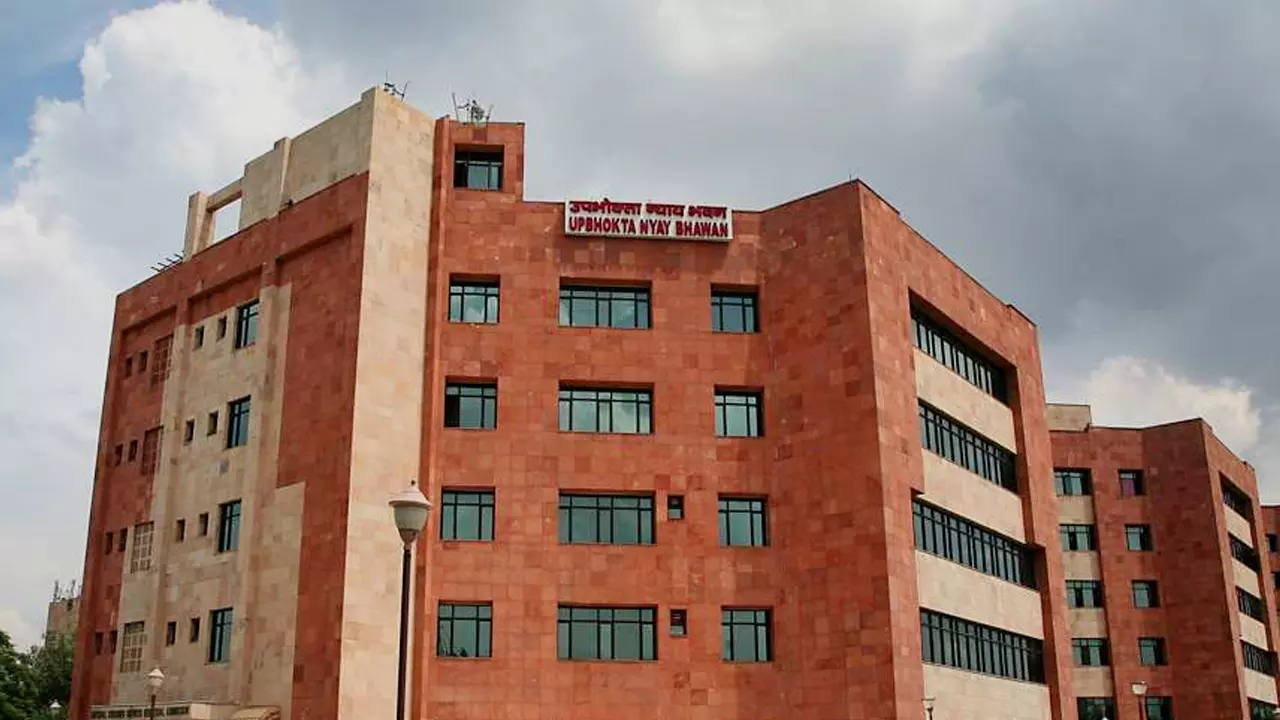NCDRC Holds Ludhiana Improvement Trust Liable For Not Handing Over The Possession Of The Plot
Ayushi Rani
5 Feb 2024 1:30 PM IST

Next Story
5 Feb 2024 1:30 PM IST
The National Consumer Disputes Redressal Commission, presided by Subhash Chandra(member), held Ludhiana Improvement Trust liable for deficiency in service over refusal to register and hand over the possession of the plot booked by the complainant. Contentions of the Complainant The complainant purchased a plot from the Ludhiana Improvement Trust/developer, and although...
